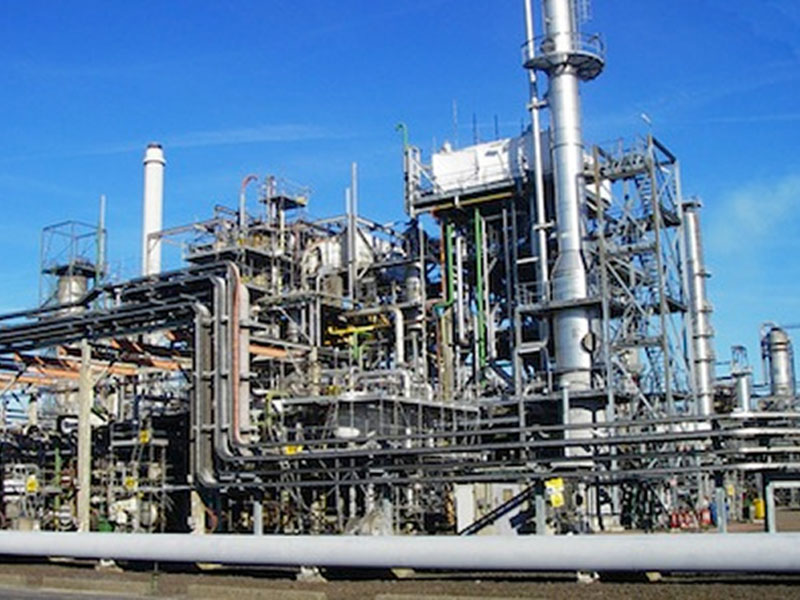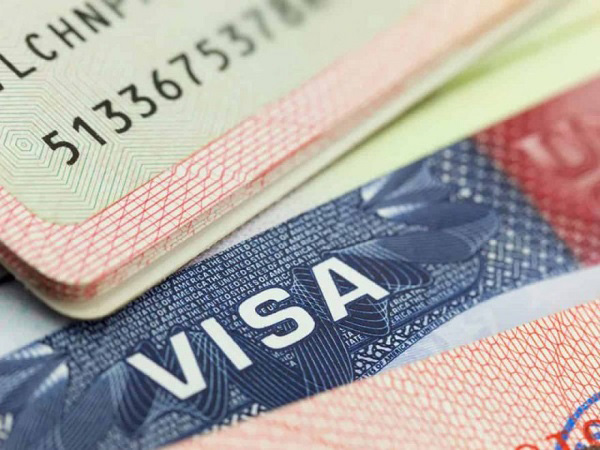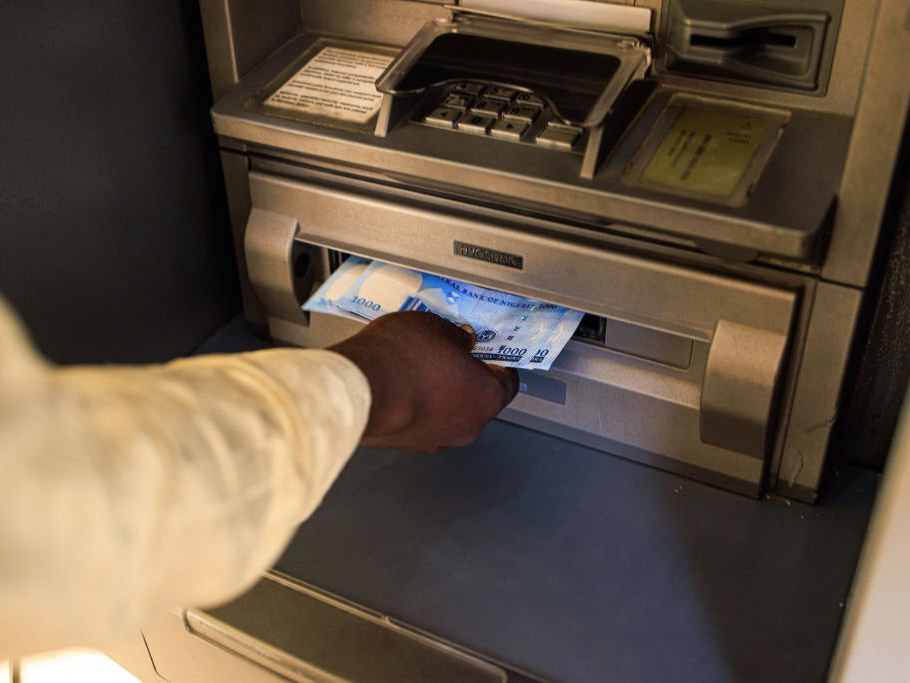The Dangote Petroleum Refinery and Petrochemicals has further reduced the price of its diesel, bringing it down to ₦1,020 per litre from the previous ₦1,075 per litre at the gantry.
In a statement, the $20 billion refinery emphasized that the price cut aligns with its commitment to easing the financial burden on Nigerians and supporting businesses. Since commencing diesel production in January 2024, the refinery has implemented multiple price reductions, lowering the cost from an initial ₦1,700 per litre to the current rate, offering much-needed relief to manufacturers and consumers.
Additionally, the refinery recently lowered its ex-depot price for petrol from ₦950 per litre to ₦890, citing market dynamics as the driving factor behind the adjustment.
Nigeria, Africa’s largest economy, has long struggled with energy challenges, as its state-owned refineries remained non-operational for decades until 2024. The country relied heavily on imported petroleum products, with the state-run Nigerian National Petroleum Company Limited (NNPCL) serving as the primary importer. The removal of fuel subsidies in May 2023 caused petrol prices to soar from around ₦200 per litre to over ₦1,000 per litre, leading to widespread hardship for citizens who depend on fuel for transportation and power generation due to unreliable electricity supply.
In December 2023, Aliko Dangote, Africa’s foremost industrialist, officially launched operations at his Lagos-based refinery, which currently processes 350,000 barrels per day. Despite initial regulatory hurdles, the facility aims to reach full production capacity of 650,000 barrels per day by the end of 2024. The refinery has already begun supplying diesel, aviation fuel, and petrol to Nigerian marketers.
Meanwhile, the NNPCL announced that, as of 2024, both the Port Harcourt and Warri refineries have resumed operations, with petrol loading and distribution back on track.












